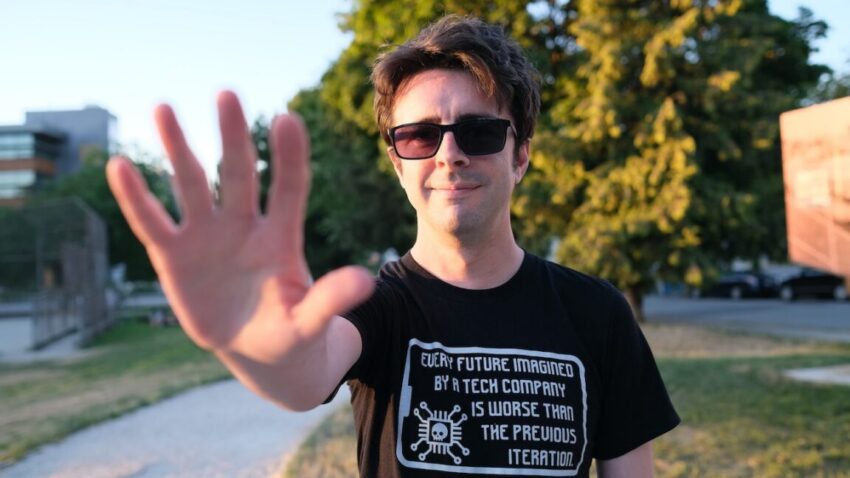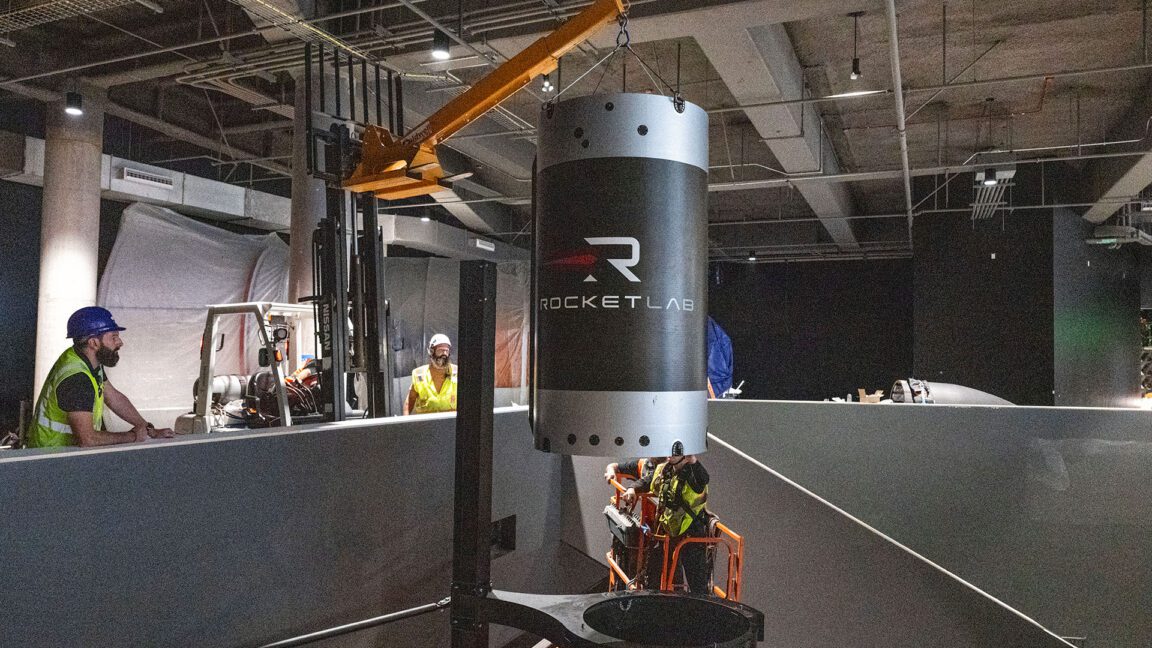
he got sued for sharing public youtube A librarian’s five-year legal battle over sharing public YouTube videos has concluded with a settlement, raising questions about copyright and the implications for online sharing.
he got sued for sharing public youtube
The Origins of the Legal Dispute
The conflict began in 2020 when Ian Linkletter, a librarian based in Canada, shared public YouTube videos on social media using the platform’s “share” button. This seemingly innocuous action led to a lawsuit from Proctorio, an education technology company that provides online proctoring services. Proctorio had been monitoring discussions on Reddit regarding its AI-driven tools designed to prevent cheating during exams. The company was particularly attentive to student feedback, which highlighted significant concerns about privacy, bias, and accessibility.
Proctorio’s Monitoring and Student Concerns
Proctorio’s AI technology utilizes webcams and microphones to monitor students during online exams. While the company claims that its tools are essential for maintaining academic integrity, students have voiced serious concerns. Many expressed that the technology could infringe on their privacy and exacerbate existing biases, particularly against marginalized groups. Researchers have also pointed out that the AI systems employed by Proctorio might not be adequately trained to recognize diverse student backgrounds, leading to potential discrimination.
Linkletter’s tweets, which included links to YouTube videos discussing these issues, were part of a broader dialogue among students and educators about the ethical implications of such technology. However, Proctorio interpreted Linkletter’s actions as a direct threat to its reputation and business model.
The Lawsuit Against Linkletter
In response to Linkletter’s tweets, Proctorio filed a lawsuit against him, claiming copyright infringement. The company argued that by sharing the videos, Linkletter was violating their intellectual property rights. This assertion raised eyebrows, as the videos in question were publicly accessible on YouTube, and Linkletter had used the platform’s built-in sharing features.
Legal Implications of Sharing Public Content
The legal basis for Proctorio’s claims was rooted in copyright law, which protects original works of authorship. However, the case highlighted the complexities surrounding digital content sharing. Many legal experts questioned whether Linkletter’s actions constituted copyright infringement, especially given that he did not alter the videos or claim them as his own. Instead, he merely amplified existing public discourse.
This legal battle sparked a broader conversation about the implications of copyright law in the digital age. As social media platforms continue to evolve, the lines between sharing, reposting, and copyright infringement become increasingly blurred. The case raised important questions about the rights of individuals to share publicly available content without fear of legal repercussions.
The Settlement
After years of legal wrangling, a settlement was finally reached between Linkletter and Proctorio. While the specific terms of the settlement remain confidential, Linkletter expressed relief at the outcome. He emphasized that the experience had been both exhausting and frustrating, but he remained committed to advocating for transparency and ethical practices in educational technology.
Linkletter’s Perspective
In an interview following the settlement, Linkletter shared his thoughts on the ordeal. He believes that his tweets put a target on his back, as they challenged a powerful corporation that was not accustomed to public scrutiny. Linkletter’s case serves as a cautionary tale for others who may wish to engage in similar discussions about technology and its implications for education.
Linkletter also noted that the lawsuit had a chilling effect on academic discourse. Many educators and librarians may hesitate to speak out against companies like Proctorio for fear of facing similar legal challenges. This could stifle important conversations about the ethical use of technology in education, ultimately hindering progress in the field.
Reactions from the Community
The settlement has elicited a range of reactions from the academic and tech communities. Many educators and librarians have expressed support for Linkletter, viewing his case as emblematic of the broader struggles faced by those who challenge corporate practices in education. The case has sparked discussions about the need for greater protections for individuals who engage in public discourse about technology and its implications.
Support for Linkletter
Supporters of Linkletter have praised his courage in standing up against a powerful corporation. They argue that his actions were not only justified but necessary to bring attention to the ethical issues surrounding online proctoring. Many have called for increased awareness of the potential consequences of using AI technologies in educational settings, particularly regarding privacy and bias.
Concerns About Corporate Influence
Conversely, some critics have expressed concern about the implications of Linkletter’s case for academic freedom. They argue that the lawsuit exemplifies how corporations can exert undue influence over educational practices and discourse. By targeting individuals who speak out against their practices, companies like Proctorio may create a chilling effect that discourages critical examination of their technologies.
The Broader Context of Copyright in the Digital Age
Linkletter’s case is not an isolated incident; it reflects a growing trend of legal actions against individuals who share content online. As digital platforms become increasingly central to communication and information sharing, the legal landscape surrounding copyright is evolving. The rise of social media has made it easier for individuals to share content, but it has also led to increased scrutiny from corporations seeking to protect their intellectual property.
Challenges of Navigating Copyright Law
For many individuals, navigating copyright law can be daunting. The complexities of intellectual property rights often leave people unsure of what they can and cannot share. This uncertainty can lead to self-censorship, where individuals refrain from sharing valuable information out of fear of legal repercussions. The Linkletter case underscores the need for clearer guidelines regarding the sharing of public content online.
Potential Legislative Changes
In light of cases like Linkletter’s, there may be calls for legislative reforms to address the challenges posed by copyright law in the digital age. Advocates for change argue that existing laws need to adapt to the realities of online sharing and communication. This could involve creating clearer definitions of fair use and establishing protections for individuals who engage in public discourse about technology and its implications.
Conclusion
The settlement of Ian Linkletter’s lawsuit against Proctorio marks the end of a long and challenging legal battle. However, the implications of this case extend far beyond Linkletter’s personal experience. It raises important questions about copyright, corporate influence, and the future of academic discourse in the digital age. As technology continues to evolve, it is crucial for educators, librarians, and individuals to advocate for transparency and ethical practices in the use of AI and other technologies in education.
Source: Original report
Was this helpful?
Last Modified: November 20, 2025 at 4:39 am
2 views














